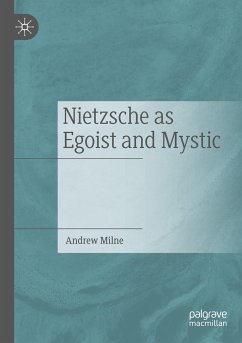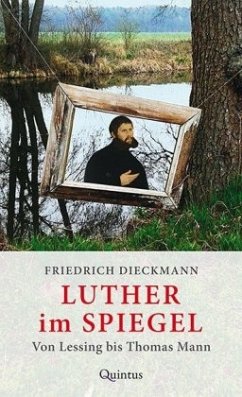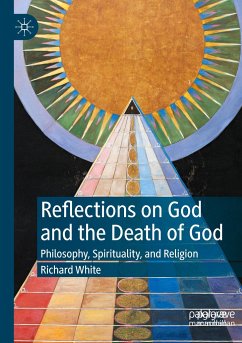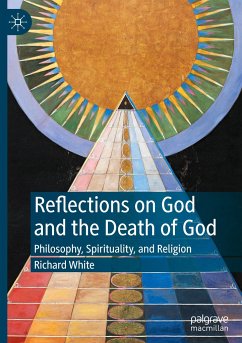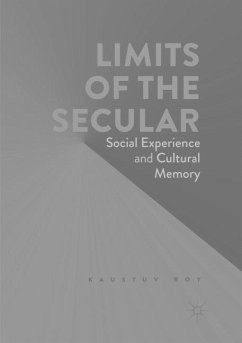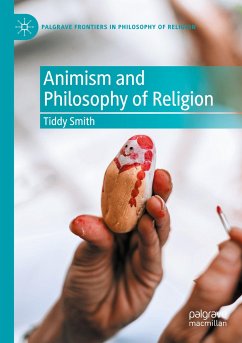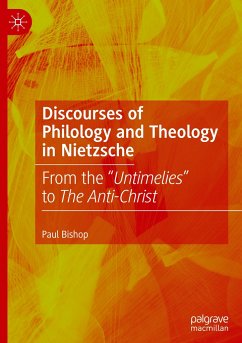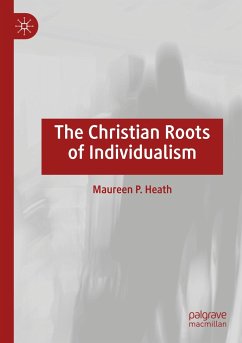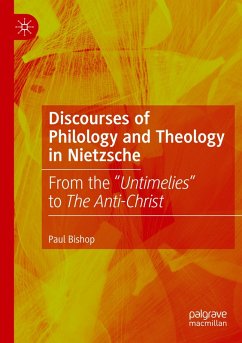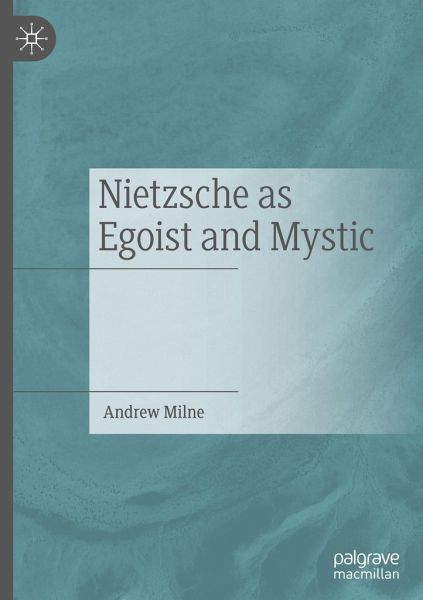
Nietzsche as Egoist and Mystic
Versandkostenfrei!
Versandfertig in 6-10 Tagen
91,99 €
inkl. MwSt.
Weitere Ausgaben:

PAYBACK Punkte
46 °P sammeln!
This book is an attempt to make sense of the tension in Nietzsche's work between the unashamedly egocentric and the apparently mystical. While scholars have tended to downplay one or other of these aspects, it is the author's contention that the two are not only compatible but mutually illuminating. This book demonstrates Nietzsche's sustained interest in mysticism from the time of The Birth of Tragedy right through to the end of his productive life. This book argues against situating Nietzsche's religious thought in the context of Buddhist or Christian mystical traditions, demonstrating the i...
This book is an attempt to make sense of the tension in Nietzsche's work between the unashamedly egocentric and the apparently mystical. While scholars have tended to downplay one or other of these aspects, it is the author's contention that the two are not only compatible but mutually illuminating. This book demonstrates Nietzsche's sustained interest in mysticism from the time of The Birth of Tragedy right through to the end of his productive life. This book argues against situating Nietzsche's religious thought in the context of Buddhist or Christian mystical traditions, demonstrating the inadequacy of attempts to mediate between Nietzsche and Meister Eckhart and the Bodhisattva ideal of Mahayana Buddhism. Rather, it is argued that Nietzsche's egoism and mysticism are best understood in the intellectual context which he himself avowed, according to which his "ancestors" were Heraclitus, Empedocles, Spinoza, and Goethe.



